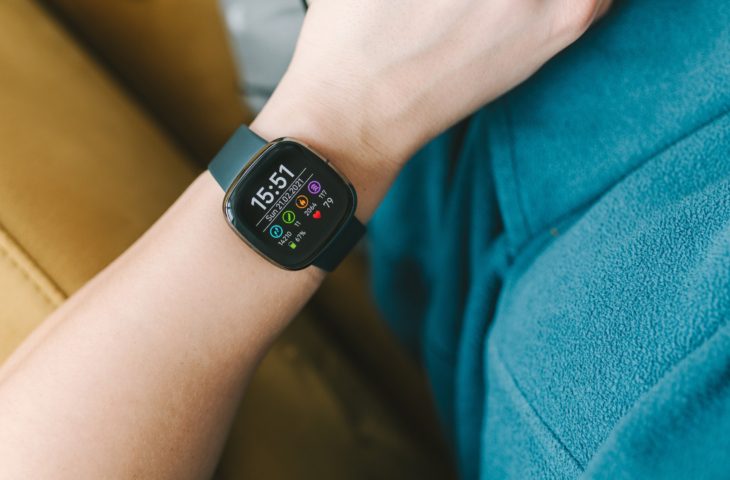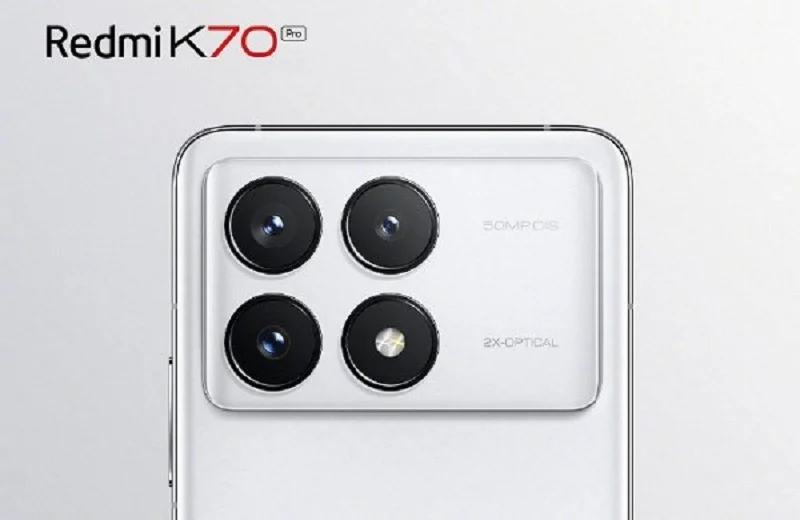We are increasingly using our smartphones to monitor our health. Hardly every third person doesn’t do this today. Of those who collect data, half also want to share it with their family doctor.
Every year, Deloitte examines the technology habits of consumers across Europe and in Belgium in particular in its Digital Consumer Trends Report. The criteria that are important when purchasing a smartphone are also discussed, as is the willingness to share digital data with the family doctor.
Share data with your family doctor
In recent years, the use of wearables such as smartwatches and fitness trackers has increased significantly. Due to the growing market, we are increasingly using our smartphones to monitor our health. For example, almost half of adults use a smartphone to count their steps every day.
Just over a quarter monitor their heart rate and 21 percent store data about their sleep patterns. Only 34 percent do not store any health data at all.
There is a clear difference between men and women. For example, men (29%) measure their heart rate more often than women (23%). Women (51%) measure step counts more often than men (44%). In general, it is primarily young people (18 to 24 years old) who monitor their health most often via their smartphone.
“It is striking that more than half of those surveyed who monitor health data with their smartphone (54%) would also like to share this data with their family doctor. Although we are reluctant to allow digital identification solutions, we see less point in sharing personal health data with a doctor,” says Vincent Fosty.
Battery life is the most important criterion for a smartphone
Battery life (39%) is most important to consumers when purchasing a new smartphone, followed by ease of use (34%) and storage capacity (27%). The sustainability and environmental impact of the device are the least important for consumers. It turns out that the increasingly important role of the smartphone in our lives also has an impact on the demands we place on it.
“The fact that battery life is the most important criterion for consumers is due to the increasingly important role of smartphones in our everyday lives. As we use the device for increasingly important things, it is also crucial for consumers to be able to rely on it throughout the day without fear of their smartphone failing due to a dead battery,” concludes Vincent Fostyn, Telecommunications Manager, Media and entertainment at Deloitte.














